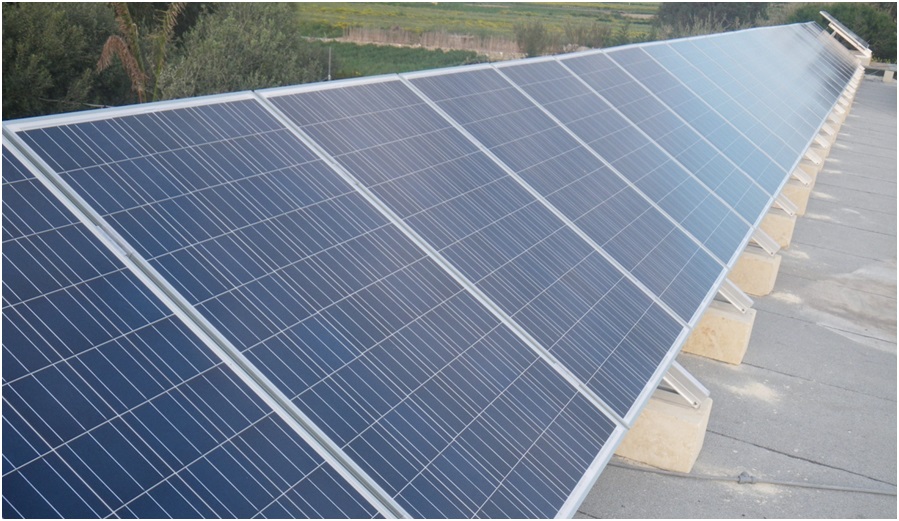Scientists from the Forschungszentrum Jülich GmbH research institution in Germany have developed a self-referencing algorithm to detect and quantify underperformance in PV installations. The researchers described the novel algorithm as an alternative to standard performance ratio (PR) analysis, which describes the relationship between actual and theoretical energy outputs of a PV plant. They said it uses a PV system’s string with maximum output as a reference.
“The output of other strings is set in relation to the corresponding value of the reference string, resulting in a quantity we call self-referencing ratio (SR),” the scientists explained. “We benchmark this ratio against the established performance ratio, which requires solar irradiance data for calculation.”
The group tested the new approach on a 9 MW PV power station in Germany. The facility, which has been operational since 2011, features three-phase inverters deployed across 1,719 strings.
“The three strings belonging to one inverter are installed on one mounting rack, located in three rows,” the scientists said.
They corroborated their testing with IR imaging and a voltage analysis and found that the new algorithm can predict and identify string yield losses or underperforming strings without additional weather data. They claimed their self-referencing method can identify local differences due to plant layout and the aging of components. It can also be used to inspect solar modules, strings, arrays, inverters, and transformers.
“Losses beyond expected degradation can be estimated and function as a basis for O&M decisions,” said the scientists. “We expect further advantages by applying the self-referencing method for degradation studies of time-series and root-cause analysis with machine learning and combination with different data sources, for example, imaging data.”
The academics described the new approach in “Assessment of string performance using self-referencing method in comparison to performance ratio,” which was recently published in Progress in Photovoltaics.
This content is protected by copyright and may not be reused. If you want to cooperate with us and would like to reuse some of our content, please contact: editors@pv-magazine.com.









By submitting this form you agree to pv magazine using your data for the purposes of publishing your comment.
Your personal data will only be disclosed or otherwise transmitted to third parties for the purposes of spam filtering or if this is necessary for technical maintenance of the website. Any other transfer to third parties will not take place unless this is justified on the basis of applicable data protection regulations or if pv magazine is legally obliged to do so.
You may revoke this consent at any time with effect for the future, in which case your personal data will be deleted immediately. Otherwise, your data will be deleted if pv magazine has processed your request or the purpose of data storage is fulfilled.
Further information on data privacy can be found in our Data Protection Policy.